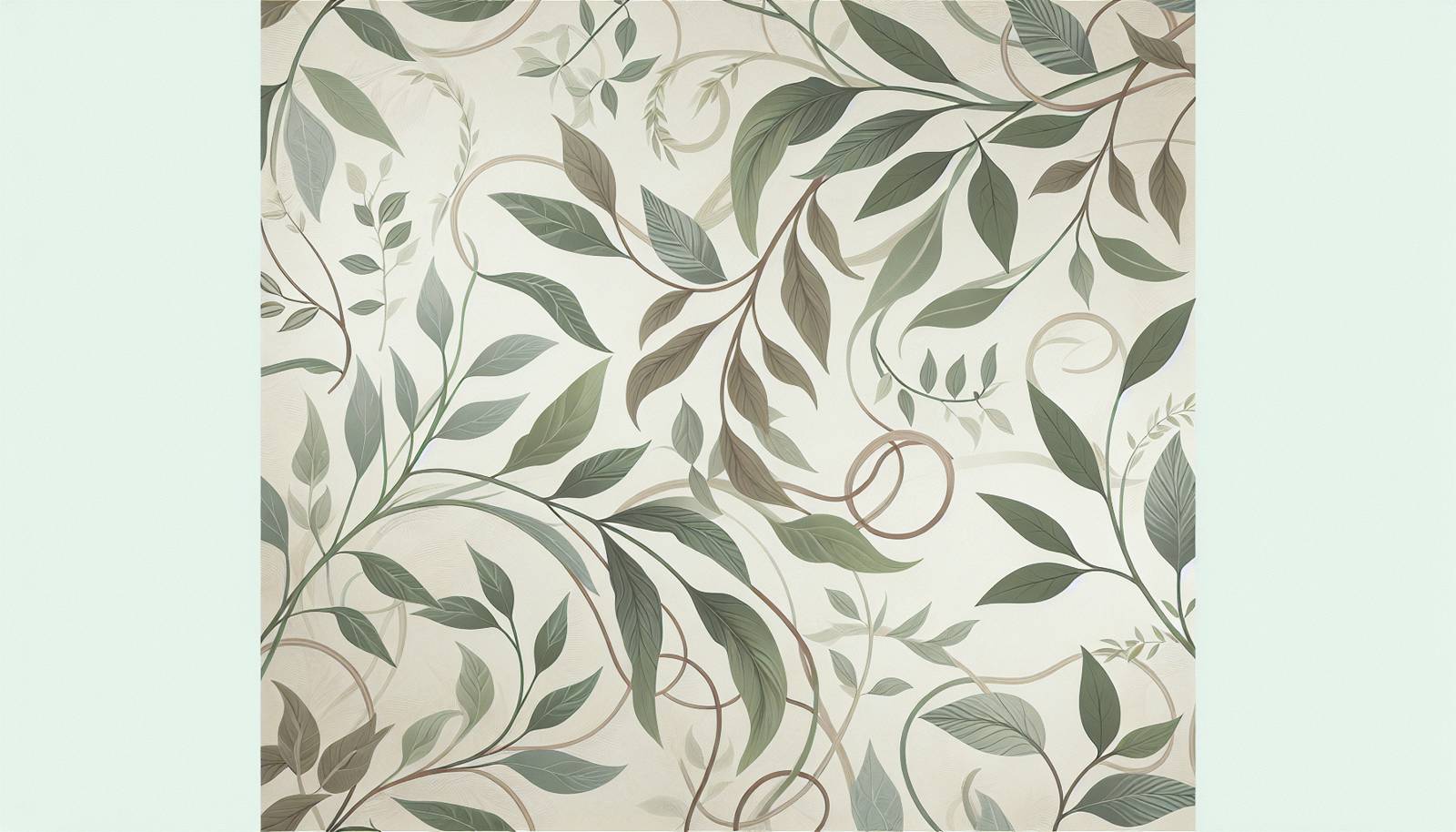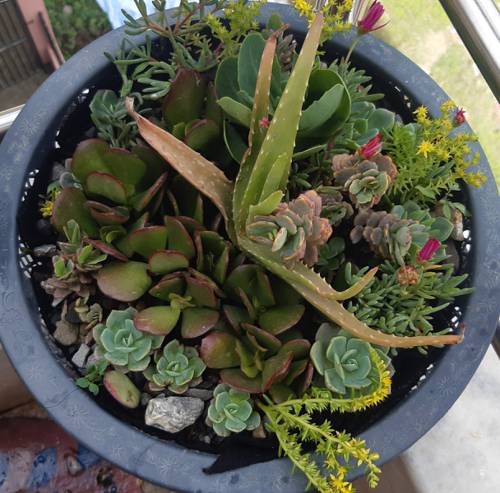
FAQ About Indoor Plant Symbology and Cultural Significance

What is the symbolic meaning of the Peace Lily in various cultures?
The Peace Lily is often associated with purity, prosperity, peace, and sympathy. In many cultures, it is used in homes and offices to represent harmony and balance. The plant is believed to purify the air and promote tranquility, making it a popular gift in times of stress or grief. For example, it's commonly given at funerals to symbolize the rebirth of the soul. Its white blooms are often associated with purity and transcendence across various traditions.

Why are Jade Plants considered lucky?
Jade Plants, also known as 'money plants,' are considered to bring prosperity and luck, especially in Chinese culture where they are often placed by cash registers or in business environments. The round, coin-shaped leaves are said to symbolize wealth and good fortune. According to the principles of Feng Shui, placing a Jade Plant in a southeast corner of a house attracts financial gain and stability.

How does the Snake Plant play a role in traditional medicine or symbolism?
The Snake Plant, also known as Mother-in-Law's Tongue, is revered for its strong protective energies. In African cultures, it is often used in spiritual practices as it is believed to ward off evil spirits and negative energy. Additionally, the plant is valued for its air-purifying capabilities, which can improve indoor air quality and promote health and wellness.

What cultural significance does the Bamboo plant have?
Bamboo holds a significant place in Asian cultures, particularly in Chinese symbolism where it represents flexibility, strength, and growth. It is also associated with prosperity and success. In Feng Shui, Bamboo is used as a symbol of good luck and is believed to improve energy flow in homes and workplaces. Lucky Bamboo arrangements are popular gifts in business and personal contexts to wish success and happiness.

What are the spiritual meanings of Lavender as an indoor plant?
Lavender is often associated with calmness and healing. Its soothing fragrance and soft purple flowers are believed to help reduce anxiety and promote restful sleep. In spiritual practices, Lavender is used for cleansing and protection, and its presence indoors is thought to create a serene environment conducive to meditation and relaxation.

How is Aloe Vera perceived in different cultural contexts?
Aloe Vera is often regarded as a healing plant due to its medicinal properties, which have been recognized for centuries. In Egyptian culture, it was known as the 'plant of immortality' and used in burial rituals. Today, it continues to be a symbol of health and wellness, and its soothing properties make it a staple in many households as an indoor plant.

What does the symbolism of the Basil plant signify?
Basil holds a variety of meanings across different cultures. In Hindu traditions, it is venerated as a sacred plant and associated with protection and divine blessings. In Italian and other Western cultures, it symbolizes love, friendship, and good wishes. Its vibrant green leaves and aromatic scent add not just flavor but also a sense of warmth and positive energy to homes.

Is there a symbolic reason for gifting Orchids?
Orchids are symbols of beauty, strength, and luxury. Throughout history, these elegant flowers have been associated with fertility and virility in Greek culture and were prized as exotic, rare gifts in Victorian England. They continue to be a popular gift today, often given to express admiration and affection in personal and professional relationships.

What role does the Spider Plant play in home symbolism?
The Spider Plant is known for its easy care and air-purifying qualities, which make it a symbol of health and protection. In some cultures, it is believed to bring luck and prosperity, often considered a welcome gift for new homeowners. Its cascading leaves and ability to flourish in various conditions symbolize resilience and optimal growth in household environments.

What cultural beliefs are tied to the Fiddle Leaf Fig?
The Fiddle Leaf Fig has gained popularity in modern interiors and is often associated with abundance and good fortune. In some cultures, it is considered a symbol of fertility and growth, making it a popular choice for couples and families. The leafy plant is known for its striking appearance and ability to purify air, and it symbolizes a connection to nature and balance in the home.

How do the symbolism and use of Ferns vary culturally?
Ferns are often seen as symbols of sincerity and humility. In various Western traditions, ferns are believed to bring good luck and protection against evil. The Maori of New Zealand view ferns (the silver fern in particular) as symbols of endurance and resourcefulness. Indoor ferns are appreciated for their graceful, airy nature, adding a touch of tranquility to homes.

What is the orchid's significance in Chinese culture?
In Chinese culture, Orchids symbolize refinement, beauty, and nobility. They are also one of the 'Four Gentlemen' in Chinese art, representing one of the virtues that Confucius admired. Orchids are often used in traditional Chinese medicine and are associated with fertility and abundance.

Why are Rosemary plants considered important in cultural rituals?
Rosemary has been significant in cultural rituals for centuries due to its association with memory and fidelity. In Roman culture, it was used during weddings and funerals to symbolize remembrance and loyalty. Aromatic and evergreen, Rosemary becomes a functional and symbolic addition to homes, often representing protection and renewal.

What does the symbolism of ivy represent in different societies?
Ivy is commonly associated with fidelity, eternity, and affection, due to its clinging nature and evergreen quality. In ancient Greek and Roman times, ivy was a symbol of marital fidelity and was often used in decorations to represent eternal bonds. Today, it is used indoors to signify continuity and steadfastness.

How is the Lucky Bamboo plant integrated into Feng Shui practices?
Lucky Bamboo is a plant that holds much significance in Feng Shui, where its structure and number of stalks have specific meanings. It is believed to usher in prosperity, happiness, and longevity. Typically, multiple stalks are used in arrangements, each carrying a different significance: three for happiness, five for health, and eight for wealth. It is strategically placed in homes and offices to enhance positive energy flow.

What does Rosemary symbolize in literature and art?
In literature and art, Rosemary is a symbol of remembrance. This association stems from its traditional use in funerals and weddings. Shakespeare utilized Rosemary in 'Hamlet' to symbolize fidelity and memory. Its presence in both written and visual arts underscores its lasting significance as a symbol of the enduring power of memory and relationships.

Are there any superstitions associated with Cacti as indoor plants?
There are several superstitions surrounding cacti, particularly about their protective qualities. Many believe that cacti can absorb negative energy and radiation, warding off evil spirits. Some superstitions advise against placing cacti in certain areas of the home, like bedrooms, as their spiky nature does not align with the calm, nurturing energy wanted in such intimate spaces.

How do African Violet plants symbolize love and healing?
African Violets are often associated with motherhood, love, and healing. Their gentle appearance and ability to bloom indoors symbolize nurturing and care. In various cultural contexts, these plants are given as tokens of love and are reputed to bring comfort and healing to those who care for them. Their vibrant blooms add a sense of warmth and affection to living spaces.

What is the significance of the Rubber Plant in terms of prosperity?
Rubber Plants are often linked to prosperity and good fortune, particularly in Asian cultures where plants with rounded leaves are considered auspicious. They are believed to bring financial benefits and are popularly used in home and office décor. The Rubber Plant's sturdy and resilient nature also symbolizes endurance and strength.

What role does the plant Lily of the Valley play in cultural symbolism?
Lily of the Valley is often associated with happiness and humility due to its delicate, fragrant blooms. In Christian traditions, it symbolizes purity and the return of happiness, frequently linked to the Virgin Mary. It is used in wedding bouquets and other ceremonial flowers to denote a sense of grace and renewal. Its use as an indoor plant is less common, though it continues to be cherished for its symbolic meanings.
